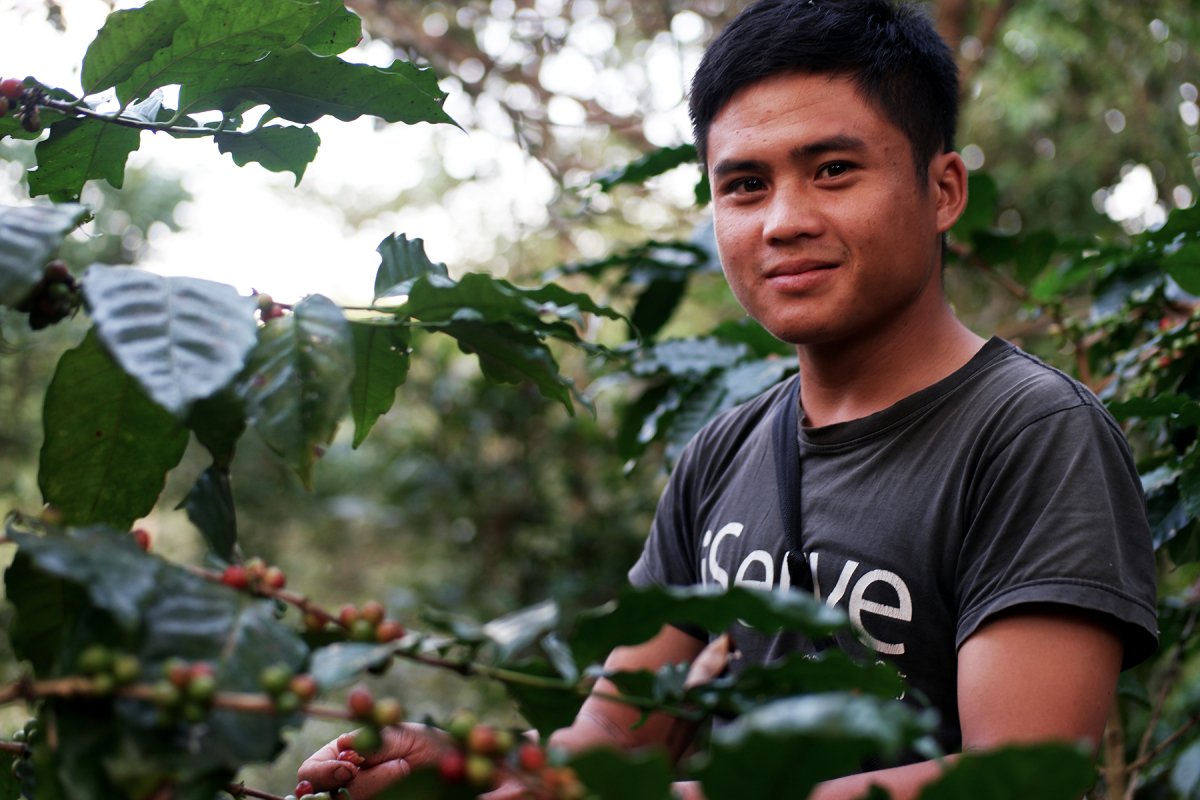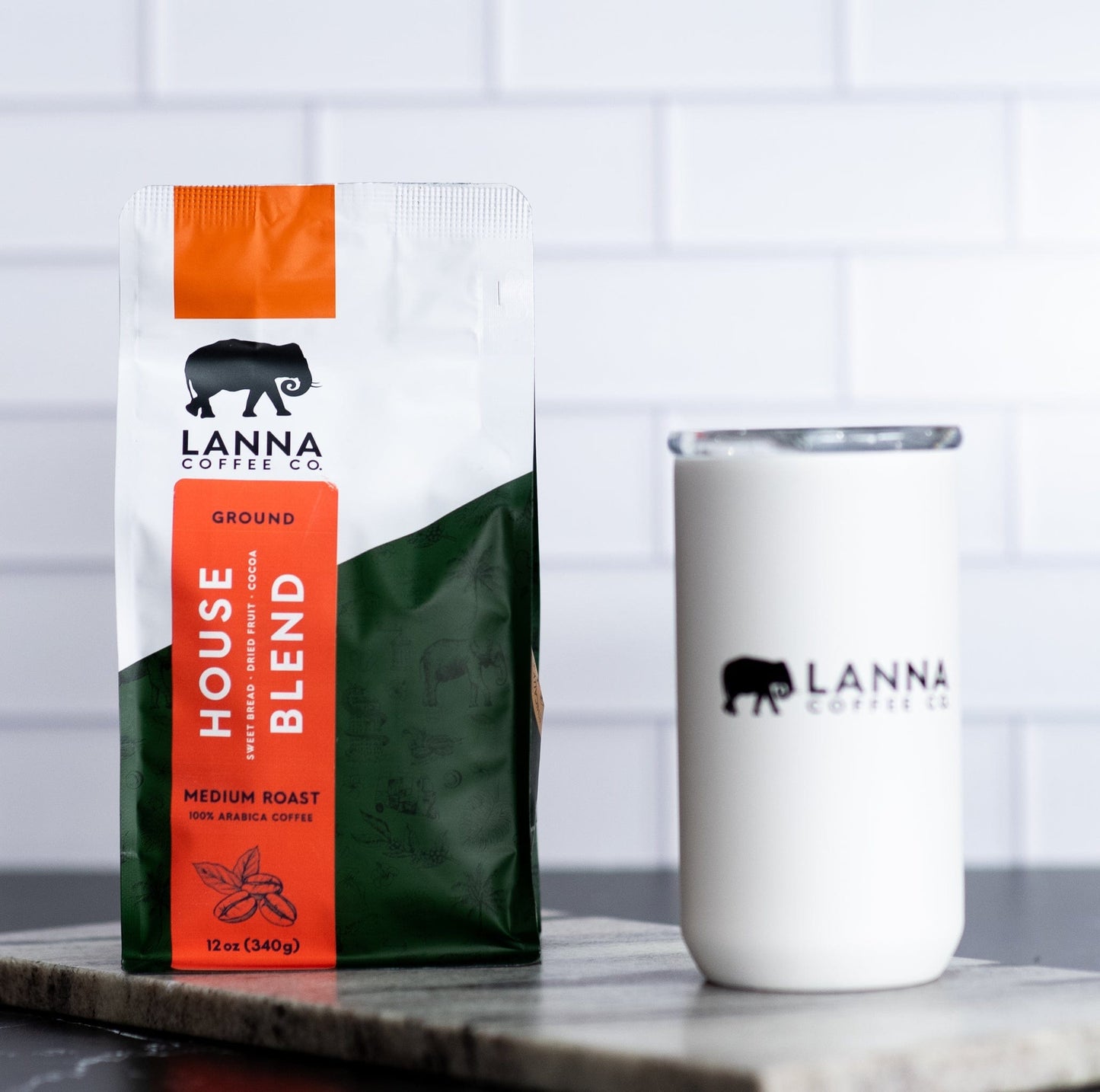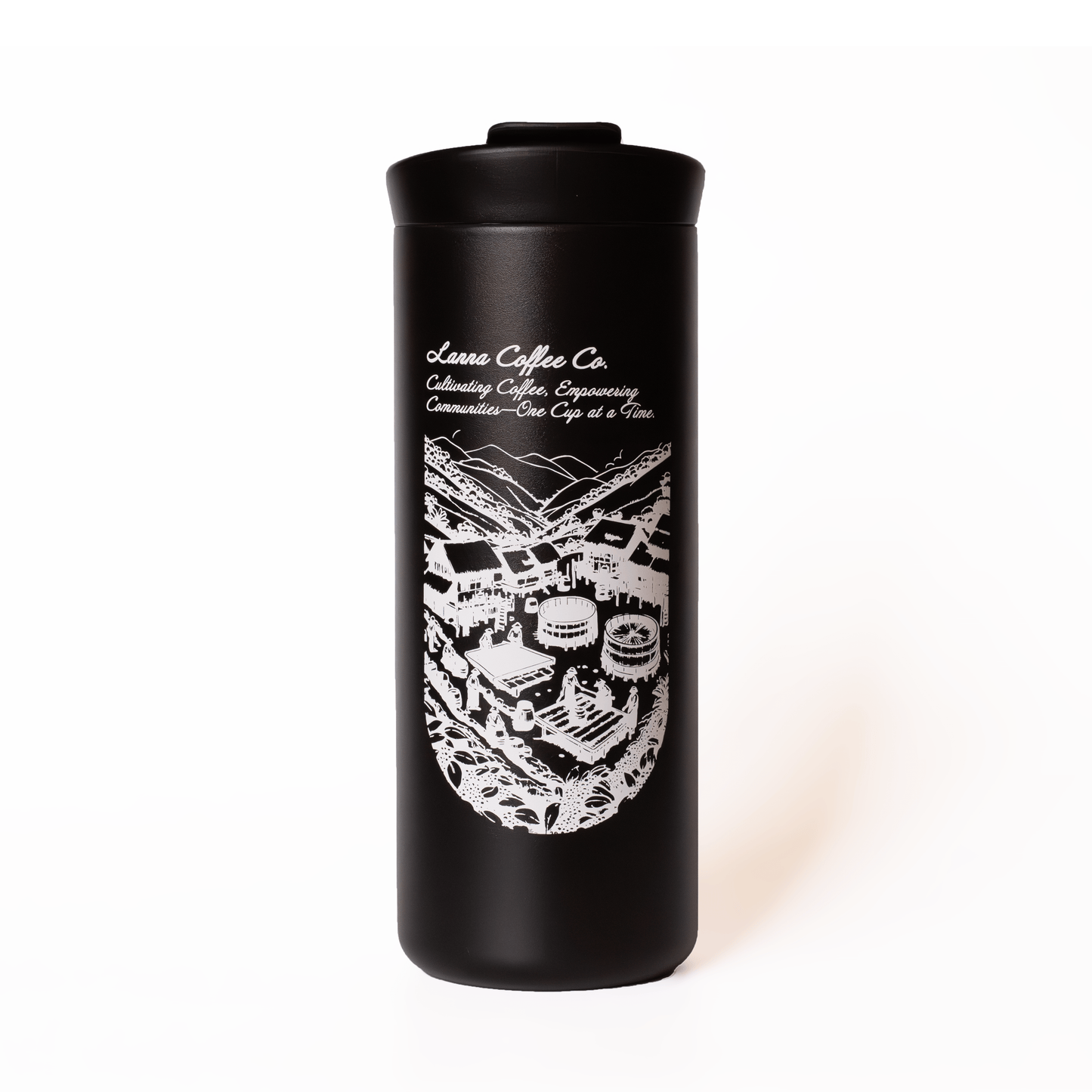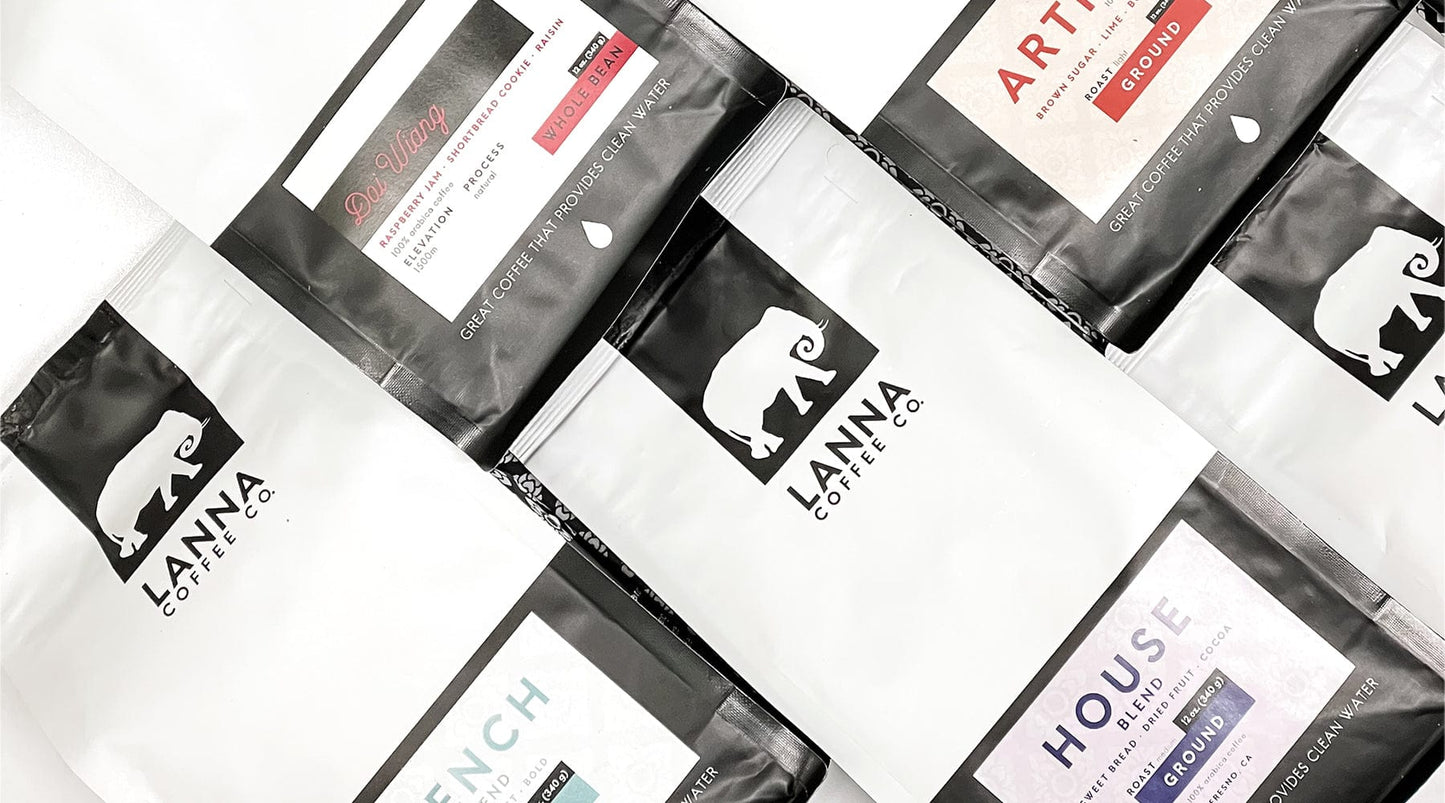
The story has been told of where a great cup starts. The tale of a farmer who plants a coffee tree, cares for it, harvests its fruit, removes the seeds, and sends them away to find their home in a cup. A great cup starts on the tree, in the caring hands of a farmer. But where can the greatness end? Where can it all go wrong? For us coffee drinkers, it might be easy to see the farmer and not truly understand all the toil not just to start a great cup but to keep it great.
A farmer plants their coffee, thousands and thousands of coffee trees. It can take a few years for those trees to be producing high quality coffee. So the farmer must take care of them without being able to see the gain for a while. From year to year, the farmer must ensure that they keep their coffee safe from the infestation of bugs like weevils. A weevil infestation could ruin a years worth of coffee that a farmer needs to sell to survive. The farmer also must make sure that they pick the ripest cherries. If they pick too soon, the coffee will be underripe, too late and it will have fermented and spoiled. But coffee must be picked in waves, as the cherries don’t all ripen at the same time.
As the coffee leaves the farm and goes to be processed, those processing the coffee must make sure they handle it all with care. They must make sure their pulpers and hullers are calibrated just right, otherwise, it can nick and scratch the bean as it is pulping. That might not sound like a big deal, but those scratches can cause molding on the green coffee and they can also cause the coffee to roast unevenly, leading to unpleasant flavors in the cup. If the coffee is a honey or natural process, the beans must be constantly monitored on drying beds so that all the beans have equal access to airflow and sunlight so that they do not mold and ferment. For example, when our partners in Thailand are drying our beloved Law Wu, which is a black honey processed coffee, they have to massage the beans three times a day for up to two weeks! Any lapse in attention can spoil the beans.
Let’s say that the farmers and processors keep a close eye on the coffee all the way through. They dodge weevils and mold. They strictly regulate their processing, making sure the green beans are not damaged or disturbed. After this, they still must fight for a price to sell their coffee in a market that continues to demand it cheaper. Exporters and middlemen can refuse to buy their coffee unless it is sold at a price lower than what they need to survive. And if coffee cannot be sold, all the greatness that the farmers and processors preserved will be lost to staling and aging.
It is important for us as coffee drinkers to understand all the work that goes into our coffee. As we enjoy the greatness in our cup, we should remember that it would have taken so little for the greatness to be lost were it not for the steady hands, the toil, and the diligence of those that farmed, harvested, and processed it.



Thank you for your support of the direct trade coffee supply chain model and for ensuring that your coffee farmer partners receive a price for the coffee they produce that allows the coffee farmer to improve their quality of life and to continue to produce the high-quality coffee that we all enjoy every day.